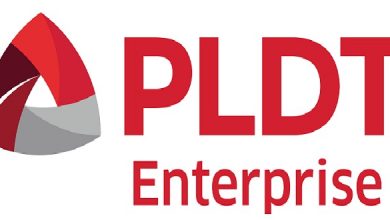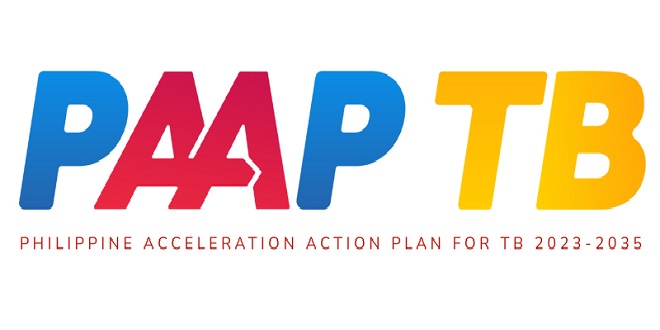
The Department of Health (DOH) has announced the Philippine Acceleration Action Plan for Tuberculosis (PAAP-TB), a multi-sectoral initiative that aims to eradicate tuberculosis (TB) in the country by 2035. Collaborating with the Department of Social Welfare and Development (DSWD), Department of Education (DepEd), Department of Labor and Employment (DOLE), and Department of the Interior and Local Government (DILG), the DOH seeks to improve access to health services, education, public information, social protection, and labor protection to eradicate TB by 2030.
Tuberculosis is a chronic communicable disease that is the second leading cause of death from a single infectious organism, following COVID-19. According to the Global TB Report 2022, the disease caused 1.6 million deaths in 2021. Preliminary reports from the Philippine Statistics Authority (PSA) this year show that TB continues to rank 11th among the causes of death in the Filipino population.
To eliminate TB, the PAAP-TB aims to provide better access to TB services and address social, economic, and physical determinants that contribute to its occurrence, transmission, and treatment. “Our collective interventions will make TB services equitable, especially for the poor,” said Officer-in-Charge Secretary Dr. Maria Rosario Singh-Vergeire.
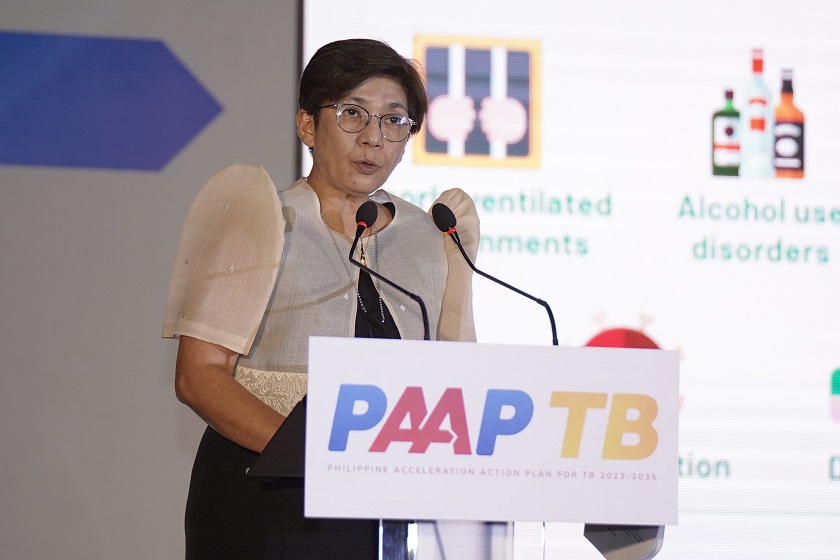
The PAAP-TB will re-examine current programs and initiatives of National Coordinating Committee for Tuberculosis (TB-NCC) member organizations to address the nation’s TB epidemic. The program aims to achieve its goals through two medium-term periods by involving the private sector and organizations.
At the event, representatives from various sectors committed to eradicating TB in the Philippines, including DOH Assistant Secretary Beverly Ho, DILG Secretary Benjamin Abalos Jr., DSWD Assistant Secretary Janet Armas, DOLE Executive Director for the Occupational Safety and Health Center Ma. Teresita Cucueco, and FDA Director IV Jesusa Joyce Cirunay, were also present.
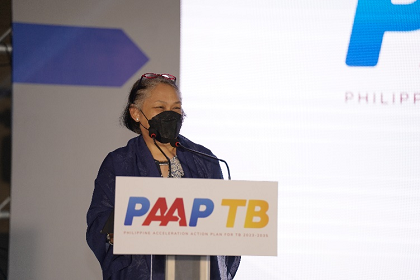
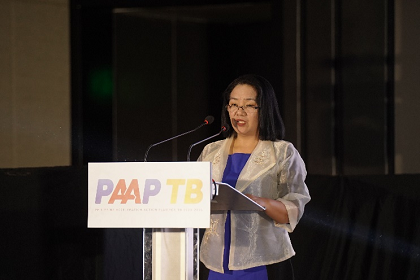
“By engaging multiple disciplines, organizations, sectors, and partners, we can combine strengths and leverage resources, expertise, and knowledge, while addressing the social, environmental, economic, and political systemic drivers that influence behaviors and prevent the effective delivery of health policies and interventions,” said Officer-In-Charge Singh-Vergeire.
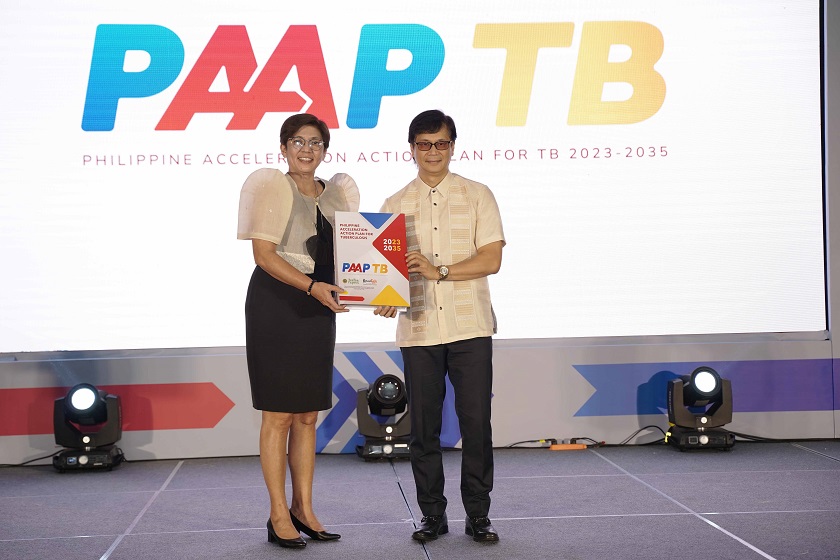
The PAAP-TB document was developed with technical support from the USAID’s TB Innovations and Health Systems Strengthening Project implemented by FHI 360.




